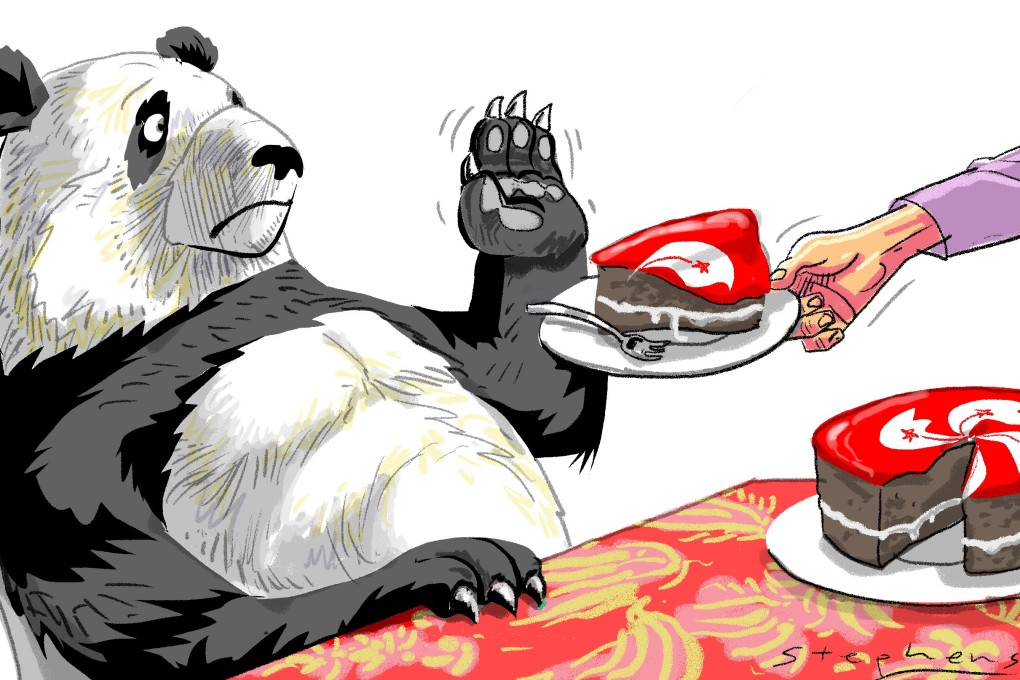Hong Kong’s protests present Beijing with a no-win situation. Will it choose the path where it loses the least?
- Being dependent on international goodwill to maintain trade, it’s in Beijing’s interests to handle Hong Kong with patience. But with leaders stoking nationalism, they may be tempted to deal with protesters decisively, to bolster legitimacy at home

The past week has seen worrying new levels of violence and destruction in Hong Kong as battles between the police and protesters erupted in numerous locations. Despite Chief Executive Carrie Lam Cheng Yuet-ngor backing down from the original extradition bill, protesters have not only continued to demonstrate but seem to be radicalising.
The current state of Hong Kong – a city seemingly on the verge of widespread civil collapse – presents a massive challenge for Beijing for a number of reasons.
In the short term, quelling the protest movement is going to be difficult for Beijing. Rescinding the extradition bill had no effect in slowing the movement and any further concessions by China run the risk of causing a “Tocqueville effect”: any state concessions during a time of state-society discontent may inadvertently embolden and galvanise the disgruntled group.
At this stage, anyhow, it seems Beijing has zero credibility in the eyes of many protesters, so any displays of conciliation are likely to be viewed with complete scepticism.
At the same time, Beijing tightening its grip on the protest movement – which could include using the People’s Armed Police or People’s Liberation Army on the ground in Hong Kong – would also have negative consequences. It is probable that any heavy-handed tactics would inflame the crisis significantly, likely pushing many protesters towards using guerilla warfare tactics. This would, in turn, lead to a further downward spiral of the conflict.

